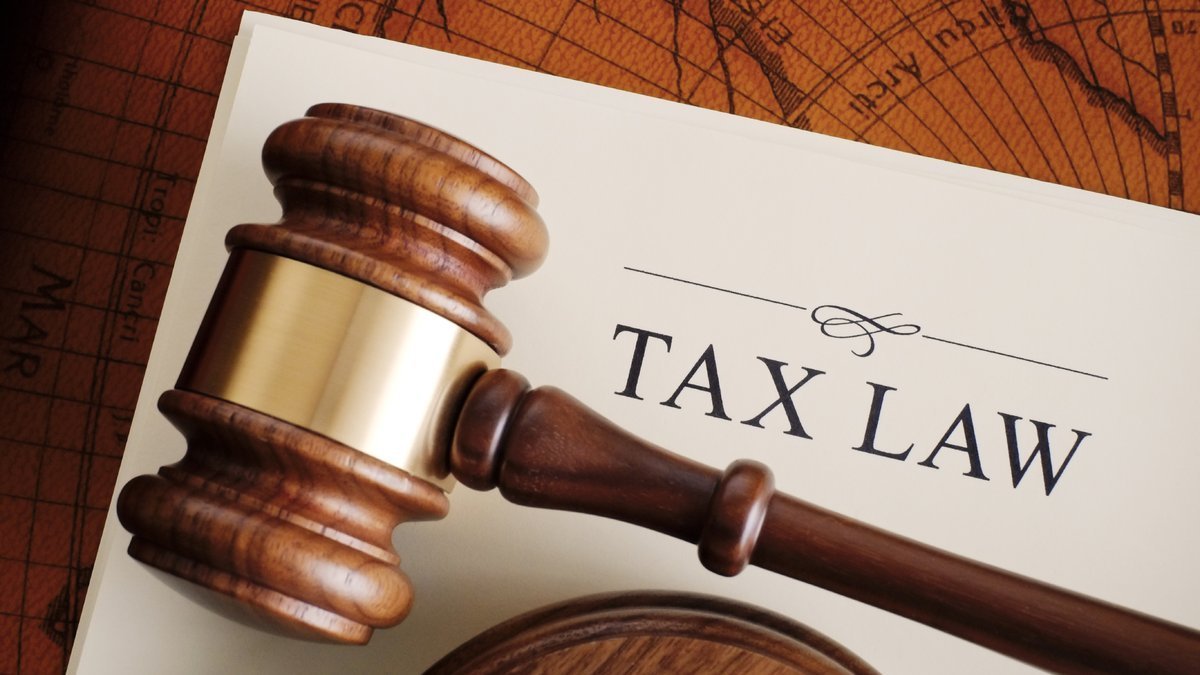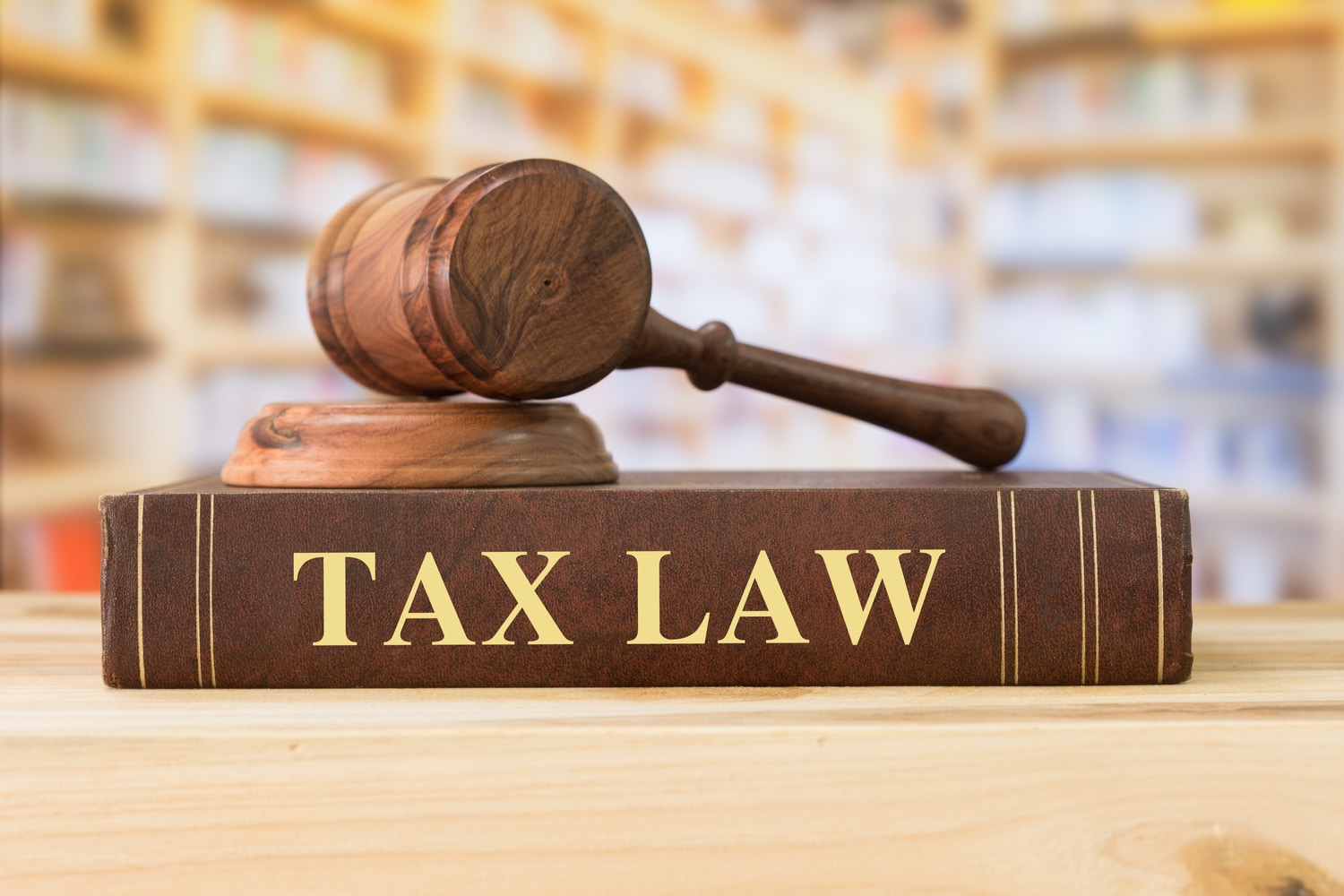Tax lawyer: Navigating the complex world of tax laws and regulations can be a daunting task, especially for individuals and businesses with intricate financial situations. In such cases, seeking the guidance of a skilled and experienced tax lawyer can be invaluable. This comprehensive guide aims to equip you with the knowledge and tools necessary to find the best tax lawyer for your specific needs, ensuring that your tax obligations are handled efficiently and effectively.
Toc
Understanding the Role of a Tax Lawyer

Tax lawyers play a crucial role in ensuring compliance with complex tax laws and regulations, representing clients in tax disputes, and providing expert guidance on various tax matters. This section delves into the primary responsibilities and areas of expertise of a tax lawyer.
Tax Planning and Compliance
Tax planning and compliance are essential aspects of a tax lawyer’s role. They help individuals and businesses navigate the intricate web of tax laws, ensuring that their financial affairs are structured in a tax-efficient manner while adhering to all relevant regulations. Tax lawyers analyze clients’ financial situations, identifying potential deductions, credits, and tax-saving opportunities. They also assist in preparing and filing accurate tax returns, minimizing the risk of errors that could lead to penalties or audits.
Representation in Tax Disputes and Audits
Tax disputes and audits can be stressful and daunting experiences, particularly when dealing with complex tax issues or facing allegations of non-compliance. Tax lawyers serve as advocates for their clients, representing them before tax authorities such as the Internal Revenue Service (IRS) or state tax agencies. They handle all aspects of tax controversies, including responding to audit notices, negotiating settlements, filing appeals, and, if necessary, litigating tax cases in court. Their in-depth knowledge of tax laws and procedures enables them to effectively defend their clients’ interests and rights.
Expert Guidance on Complex Tax Matters
Tax laws can be intricate and constantly evolving, making it challenging for individuals and businesses to stay up-to-date and properly navigate complex tax matters. Tax lawyers provide expert guidance on a wide range of tax-related issues, including business structuring, mergers and acquisitions, estate planning, international tax compliance, and more. They leverage their specialized knowledge and experience to advise clients on the tax implications of various financial decisions, ensuring that they make informed choices that align with their goals and minimize their tax liabilities.
Qualities to Look for in a Top Tax Lawyer

When seeking the services of a tax lawyer, it’s essential to find a professional who possesses the right combination of expertise, experience, and personal qualities. This section outlines the key characteristics to consider when evaluating potential tax lawyers.
Expertise and Specialization
Tax law is a vast and complex field, with various subspecialties and areas of focus. It’s crucial to find a tax lawyer who possesses in-depth expertise and specialization in the specific tax matter you require assistance with. For instance, if you’re a business owner seeking guidance on tax planning and structuring, you’ll want to engage a lawyer who specializes in business taxation. Similarly, if you’re facing international tax compliance issues, a lawyer with expertise in cross-border taxation would be the ideal choice.
Experience and Track Record
In addition to expertise, the experience and track record of a tax lawyer are essential factors to consider. A seasoned professional who has successfully handled numerous cases similar to yours is more likely to navigate the complexities effectively and achieve favorable outcomes. Review the lawyer’s biographical information, years of practice, and any notable achievements or recognitions in the field of tax law. Additionally, inquire about their success rate in resolving tax disputes or achieving desired results for their clients.
Communication and Availability
Effective communication is crucial when working with a tax lawyer. Look for a professional who is skilled in breaking down complex tax concepts into easily understandable terms and who actively listens to your concerns and objectives. A good tax lawyer should be responsive, available, and willing to address your queries promptly. They should also keep you informed throughout the process, providing regular updates and explanations to ensure transparency and manage your expectations.
How to Find a Reputable Tax Lawyer

Finding the right tax lawyer can be a daunting task, especially with the vast number of professionals available. However, following a structured approach and considering various factors can help you identify a reputable and trustworthy tax lawyer who meets your specific needs.
Ask for Referrals and Recommendations
One of the most effective ways to find a reliable tax lawyer is through referrals and recommendations from trusted sources. Reach out to your network of professionals, such as accountants, financial advisors, or attorneys in other practice areas, and ask for recommendations. Personal referrals can provide valuable insights into a lawyer’s expertise, communication style, and overall client experience. Additionally, consider seeking recommendations from professional organizations or local bar associations.
Research Online Reviews and Ratings
In today’s digital age, online reviews and ratings can be a powerful tool in evaluating potential tax lawyers. Conduct thorough research by checking reputable online directories, such as Martindale.com or Lawyers.com, which provide peer and client reviews, as well as ratings based on various criteria. However, it’s important to approach online reviews with a critical eye, considering the source and any potential biases.
Check Professional Credentials and Memberships
Verifying a tax lawyer’s professional credentials and memberships is crucial to ensure you’re working with a qualified and reputable professional. Look for lawyers who are licensed to practice in your state and have earned relevant certifications, such as the Certified Public Accountant (CPA) or Enrolled Agent (EA) designations. Additionally, consider lawyers who are members of professional organizations like the American Bar Association (ABA) or state bar associations, as these memberships often indicate a commitment to continuing education and adherence to ethical standards.
Common Tax Issues Requiring a Lawyer’s Assistance

While individuals and businesses may handle basic tax matters on their own, certain complex tax issues often necessitate the expertise and guidance of a skilled tax lawyer. This section explores some common scenarios where engaging the services of a tax lawyer can be beneficial.
Business Tax Planning and Structuring
Business owners and entrepreneurs often face intricate tax challenges related to entity selection, restructuring, mergers and acquisitions, and other strategic decisions. A tax lawyer can provide invaluable guidance in structuring businesses in a tax-efficient manner, advising on the optimal entity type (e.g., corporation, partnership, or LLC), and ensuring compliance with tax laws and regulations. Additionally, they can assist with tax planning strategies, such as maximizing deductions, minimizing tax liabilities, and navigating complex tax implications of various business transactions.
International Tax Compliance
In today’s globalized economy, many individuals and businesses have cross-border financial interests or engage in international transactions. Navigating the complexities of international tax laws and treaties can be overwhelming without proper guidance. Tax lawyers who specialize in international taxation can help clients comply with reporting requirements, claim relevant tax credits or deductions, and avoid potential penalties or double taxation. They can also provide advice on transfer pricing, foreign tax credit planning, and other cross-border tax strategies.
Tax Controversy and Litigation
Tax disputes and controversies can arise from various situations, such as audits, allegations of tax evasion or fraud, or disagreements over tax assessments. In such cases, having a skilled tax lawyer on your side is crucial. These professionals can represent you before tax authorities, negotiate settlements, file appeals, and, if necessary, litigate tax cases in court. Their expertise in tax laws and procedures can significantly increase your chances of achieving a favorable outcome and protecting your rights and interests.
Tips for Working Effectively with Your Tax Lawyer

To ensure a productive and successful working relationship with your tax lawyer, it’s essential to establish clear communication, provide accurate information, and understand the fees and expectations involved. This section offers practical tips for collaborating effectively with your tax lawyer.
Provide Complete and Accurate Information
When it comes to navigating the complexities of tax law, open and honest communication with your tax lawyer is paramount. This transparency forms the foundation of a trusting and productive relationship, ultimately ensuring they can effectively represent your interests and provide sound financial advice. Here’s why complete and accurate disclosure is crucial:
- Effective Tax Planning Strategies: Your tax lawyer can’t craft personalized tax strategies without a clear picture of your financial situation. This includes details about your income sources, salaries, wages, any business ventures, investments, deductions, and credits you may qualify for. With this comprehensive understanding, your lawyer can identify potential tax-saving opportunities and develop a customized plan to minimize your tax burden.
- Avoiding Legal Issues: Tax laws are intricate and ever-changing. Withholding crucial information or unintentionally providing inaccurate details can lead to legal problems down the road. Your lawyer can anticipate potential pitfalls and ensure your tax filings are compliant, saving you from costly penalties and audits.
- Building Credibility and Trust: A strong client-lawyer relationship hinges on trust. By being upfront and honest about your finances, you foster a sense of trust and confidence with your lawyer. This allows them to provide you with the most accurate and ethical guidance specific to your situation.
- Open Communication for Future Needs: Tax laws and your financial landscape can evolve over time. By establishing a foundation of open communication from the outset, you create a space for ongoing discussions as your financial situation or tax code changes. This proactive approach allows your lawyer to continuously adapt their strategies to best serve your needs.
The consequences of withholding information can be severe. Incomplete or inaccurate details can lead to:
- Ineffective Tax Planning: Missed deductions, overlooked credits, and untapped tax-saving opportunities can significantly impact your financial bottom line.
- Increased Risk of Audits: Inconsistent information raises red flags for tax authorities, potentially triggering an audit that could be costly and time-consuming to resolve.
- Legal Penalties: Unintentional errors or deliberate misrepresentation of information can lead to hefty fines and other legal consequences.
Understand the Fee Structure
Navigating the world of tax law often means navigating the various ways tax lawyers charge for their services. Being financially prepared and understanding how those costs are structured is crucial for budgeting and making informed decisions. Here’s a breakdown of common fee structures and why transparency upfront is crucial:
- Hourly Rates: This is the most common fee structure with rates varying significantly based on a lawyer’s experience, location, and the complexity of your tax situation. Hourly rates can be a good fit for cases with unpredictable timelines, as you’re primarily paying for the time spent on your case.
- Flat Fees: Some tax lawyers offer a flat fee for specific services like preparing and filing tax returns, negotiating a settlement with the IRS, or representing you in tax court. This model provides cost predictability upfront, as you know exactly how much the service will cost regardless of the time needed to complete the task.
- Contingency Fees: In certain situations, such as disputes with the IRS or seeking a tax refund, a lawyer may work on a contingency basis. This means they only get paid if they successfully recover money for you. This model offers financial accessibility, but typically involves a higher percentage fee if your case is won.
- Additional Costs and Expenses: Beyond attorney fees, there may be additional costs involved in a tax case. These may include filing fees, court costs, expert witness fees, or travel expenses.
Before hiring a tax lawyer, here are key topics to address:
- Clearly Defined Fee Structure: Ask for a written explanation of how their fees are calculated. This should include the hourly rate (if applicable), the scope of services covered by a flat fee, or the contingency percentage.
- Billing Transparency: Discuss how often you’ll receive invoices, the level of detail included, and how you’ll be notified of any additional expenses that may arise.
- Retainer Requirements: Some lawyers require a retainer fee, which is an upfront payment held in reserve from which they deduct their fees as they work on your case. Understand how much your retainer will be and if it’s refundable.
Foster Open Communication and Trust
Building a strong working relationship with your tax lawyer requires open communication and trust. Be proactive in asking questions, seeking clarification, and voicing any concerns or expectations you may have. Your tax lawyer should be responsive, transparent, and willing to explain complex tax matters in a clear and understandable manner. Establishing trust and open lines of communication can lead to more effective collaboration and better outcomes.










